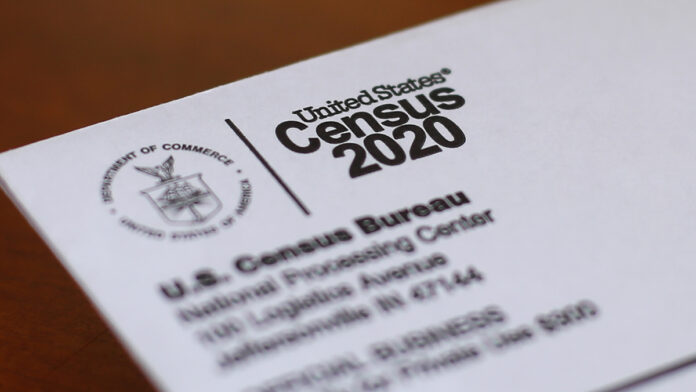The coronavirus pandemic has made the difficult job of getting an accurate census count much harder at a time in which Rhode Island has a lot riding on the result.
Before the COVID-19 crisis, organizers for the 2020 census effort in Rhode Island expected a challenge because of factors ranging from a large number of college students who are part-time residents to a proliferation of hidden, unauthorized apartments in the cities.
Then the coronavirus arrived, spurring a statewide shutdown just as a well-organized community outreach program for the census was kicking off in mid-March.
“That was the week … essentially the United States locked down,” said John Marion, executive director of Common Cause Rhode Island, which has helped to coordinate community outreach.
The pandemic restrictions put an end to a public awareness campaign that had been planned by more than 16 community organizations, each with a connection to traditionally undercounted groups.
Then many of those organizations were inundated with requests for help from the needy because of the pandemic, said Galen Auer, the Common Cause staff member helping to plan the census outreach. “It’s often the same communities that are hard to reach [for the census] that have been most deeply impacted by the coronavirus pandemic,” Auer said.
By late July, statistics tracked by the state’s Complete Count Committee revealed that six communities have had less than a 50% response rate. They include cities such as Central Falls and Providence, and coastal towns with many rental homes or students, including Narragansett, Little Compton, Charlestown and New Shoreham.
The state’s average response was 60% as of July 22, almost 7 percentage points behind the rate in 2010.
Organizers say the pandemic has suppressed responses, but so has people’s distrust of the government, which includes many immigrants frightened that their information will be shared with law enforcement.
The U.S. Census Bureau deadline has been extended to Oct. 31, and the community organizations that received grant funds for outreach, primarily from the state or from the Rhode Island Foundation, are taking steps to overcome the obstacles.
In mid-August, traditional “door knocker” Census Bureau workers will begin working in Rhode Island.
Much is at stake.
Matters such as federal funding and representation in Congress are determined by the census. Depending on the results, the state is jeopardy of losing one of its two seats in the U.S. House.
“It affects our educational system, our roads and bridges, our transportation, our hospital and medical services, the ability of our state to have enough money to respond to disasters,” said Maria Friedman, census coordinator for the Central Falls-based Latino advocacy group Progreso Latino Inc. “Everyone’s livelihood is affected in some way or another.”
Prior to COVID-19, Progreso Latino had planned on holding large events, including at churches and at sporting events, where families gather and could be encouraged to return census forms.
Now, the outreach has switched to social media, phone calls and one-on-one appeals.
“It’s just harder to talk to people because a lot of people are at home,” Friedman said. “We’re not going door to door. We’re talking to people in parks or when they’re waiting in line for food.”
Mary MacDonald is a PBN staff writer. Contact her at Macdonald@PBN.com.












